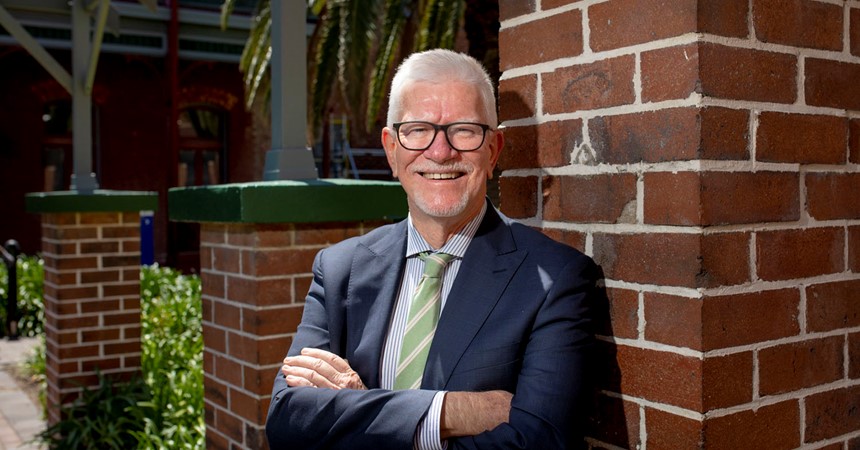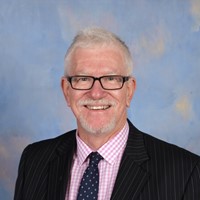At the same time, Geoff Masters has released findings into a review of the NSW schools curriculum. Professor Masters says the curriculum is overcrowded and inadequate for developing student skills to best equip them for their adult life.
It provides a timely focus on how we view the purpose of secondary education. Certainly, at the centre of every child’s education is the developing of the core skills that create mature literate and numerate capacities.
We aim to have each and every child reach their potential appropriate to their abilities and aspirations.
At a time when there can be microscopic focus on HSC marks and ATARs, it does us well to step back and truly understand the purpose of secondary schooling, the HSC and a student’s future.
In developing well-rounded young people, we essentially want to ensure each student can move into a purposeful post-school pathway. This is at the core of what we must prepare students for and guide them into such a pathway. Teachers, hand-in-hand with student and parents as well as school leaders and careers advisers, assist in this development.
This has increasingly shone a light on the skill set students need. Countries around the globe are focusing on the century that lies ahead, on the life and work and the type of competencies that will best equip a student. Countries such as Australia, the US, Denmark, South Korea and New Zealand have been focusing on the so-called 21st century skills and competencies, perhaps more explicitly than in previous eras.
Such skills would be inclusive of problem solving, collaboration, creativity, working solutions to real-world problems, teamwork, the application of knowledge (not just knowledge acquisition), resolving conflict, managing questions in which there may not be clear-cut answers, and complex digital literacy skills. We need to develop mature social and emotional skills and emphasise cultural and global citizenship.
It is critical that schools and school systems grasp the “soft” skill set students will require. We must ensure through the curriculum offered that these skills are at the forefront of what we develop, as students move into their post-school pathway.
The acquisition of such skills is a vital part of our educational landscape.




























































































